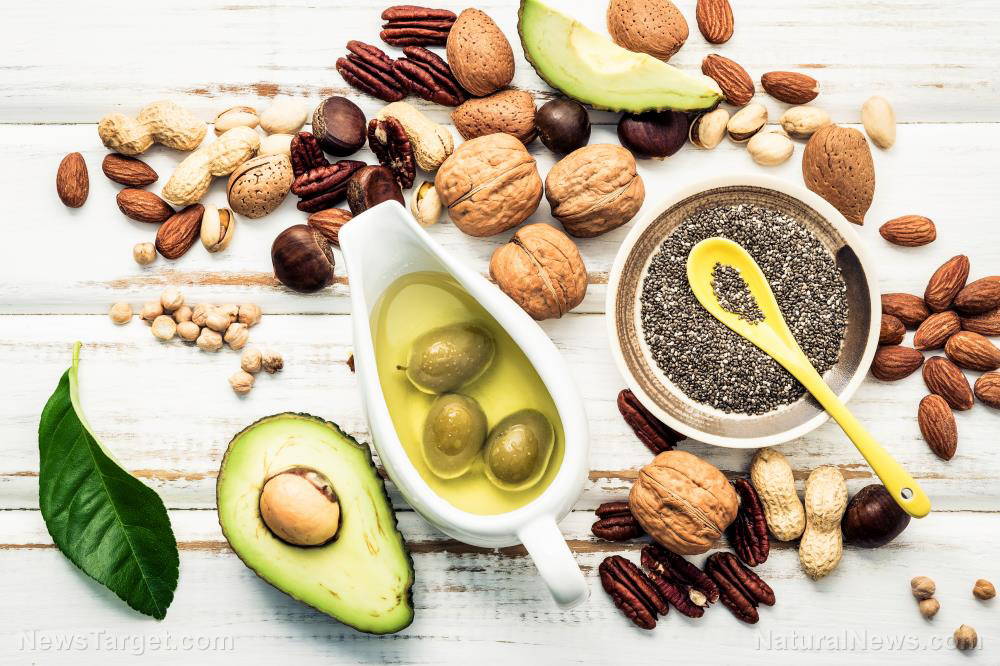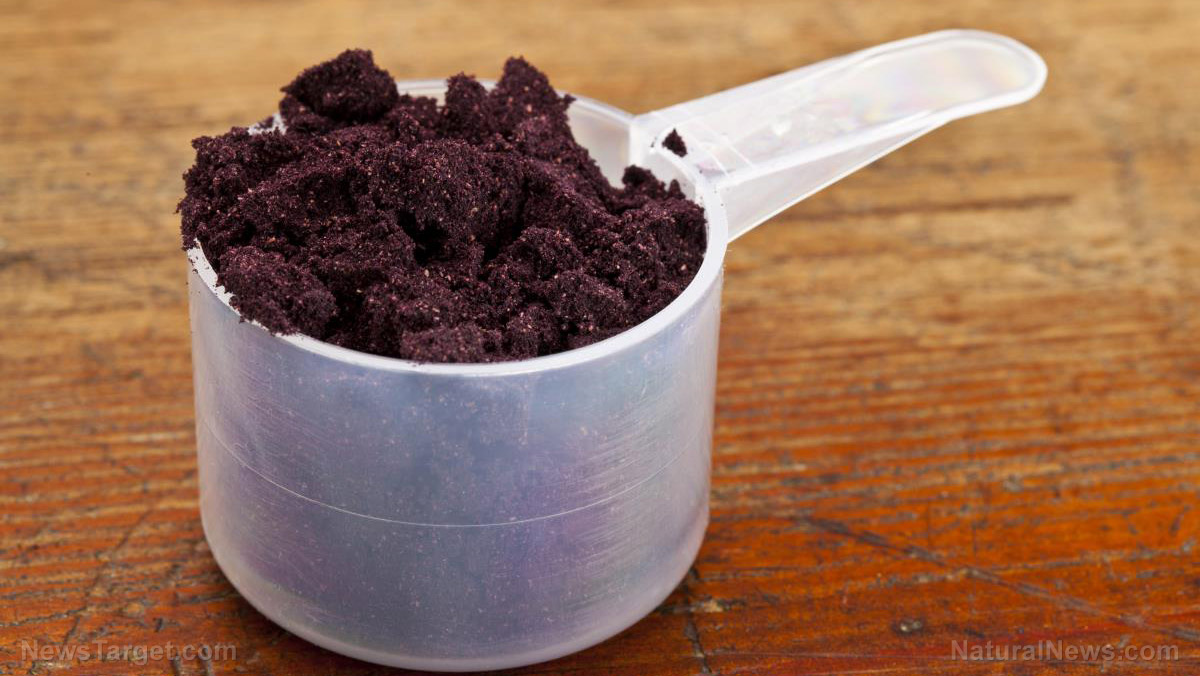Are your nutrient levels normal? An imbalance could be damaging your mental health
11/24/2018 / By Ellaine Castillo

In recent years, the number of people suffering from mental illnesses like depression and anxiety has dramatically increased. Those who suffer from these conditions spend millions of dollars on prescription medications and therapy, but they tend to ignore one of the most important things when it comes to mental and physical health: nutrition.
Many studies suggest that nutrients are essential for preventing mental health disorders. People who follow a healthier diet — which includes vegetables, fruits, meat, fish, and whole grains — have better mental health than those who eat high amounts of processed foods, refined grains, and added sugars. Unfortunately, when people suffer from mental health problems, they often neglect self-care, putting nutrition in the back seat — when it should be front and center. This only makes their condition worse, causing them to turn to expensive medications and therapy — when they could change their nutritional intake, which is cheaper and more convenient than conventional treatments.
Nutrients for good mental health
Many essential nutrients are important for maintaining overall health. Among these, the following nutrients are especially beneficial for mental health:
- Omega-3 — These fatty acids improve mental health by strengthening the connections between brain cells, so they can easily communicate with each other. Omega-3 also reduces brain inflammation, which can lead to impaired function. There are two major types of omega-3 fatty acids, namely eicosapentaenoic acid (EPA) and docosahexaenoic acid (DHA), with the latter being more beneficial but less abundant in food. Foods that contain DHA are salmon, mackerel, herring, and other fatty fish. In addition to these, walnuts and avocados, have omega-3 fatty acids that can be converted into DHA.
- Amino acids — Amino acids are involved in the production of chemicals called neurotransmitters that are used by the brain cells to communicate with each other. For example, the neurotransmitters serotonin and dopamine are produced from tryptophan and tyrosine, respectively. To get the necessary amino acids, you should eat more protein-rich foods like meat, dairy, eggs, quinoa, and soybeans.
- B vitamins — There are many different types of B vitamins, including thiamine, riboflavin, folate, B6, and B12. All of these are involved in the conversion of food into energy, as well as in maintaining mood and healthy brain functions. Previous studies have shown that adults who are deficient in thiamine and folate have a higher risk of developing depression. Fortunately, you can readily get these vitamins from whole grains, meat, fish, eggs, dairy, legumes, leafy greens, seeds, and nuts.
- Carbohydrates — Aside from amino acids, the body also needs carbs to produce the feel-good chemical serotonin so when you follow low-carb and ketogenic diets, then you are putting yourself at risk of mood disorders. However, not all carbohydrates are the same. There are those that are healthy, like the ones found in fruits, vegetables, whole grains, and legumes, while there are also some that are bad for you. These include refined and processed sugars that can lead to mood swings and inflammation, which is associated with poor mental health.
- Probiotics — Probiotic foods are not just good for gut health, they are also crucial for maintaining good mental condition. This is because the gut and brain are connected through the gut-brain axis, which is involved in neural, endocrine, immune, and humoral functions. Fermented foods like yogurt, kefir, kombucha, sauerkraut, and kimchi are some of the best sources of probiotics. Another important thing to remember is to eat prebiotic foods such as garlic, onions, and leeks since these provide good gut bacteria with the fibers that they need to thrive.
- Iron — This mineral, which is found in blood, is needed to deliver oxygen to the other parts of the body. Because of this, insufficient amounts of iron can lead to impaired brain functions. Moreover, it is also used to produce chemicals needed for brain cell communications. Unfortunately, 10 million Americans suffer from iron deficiency. To remedy this, people should start eating more red meat, shellfish, egg yolks, peanuts, and beans.
Mother Nature's micronutrient secret: Organic Broccoli Sprout Capsules now available, delivering 280mg of high-density nutrition, including the extraordinary "sulforaphane" and "glucosinolate" nutrients found only in cruciferous healing foods. Every lot laboratory tested. See availability here.
Many people suffer from mental health problems, but it doesn’t have to be this way. Just by being more mindful of the foods that you eat, you can significantly improve your mental health. (Related: Natural nutrients and diet lower risk of disease and extend healthy lifespan.)
For more articles about the effects of nutrient imbalance on health, visit BrainNutrients.news.
Sources include:
Tagged Under: Amino Acids, b vitamins, brain function, carbohydrates, iron, mental health, nutrient imbalance, nutrients, nutritional deficiencies, omega 3, probiotics, supplements, vitamin D, vitamins




















